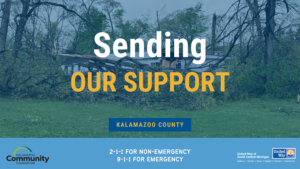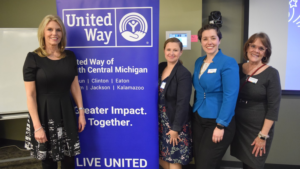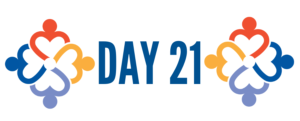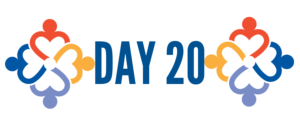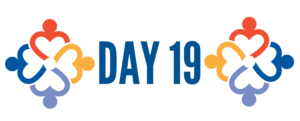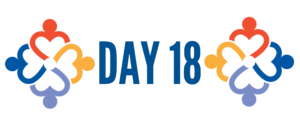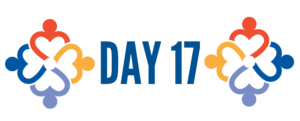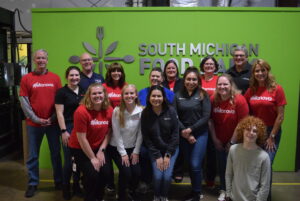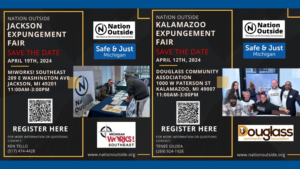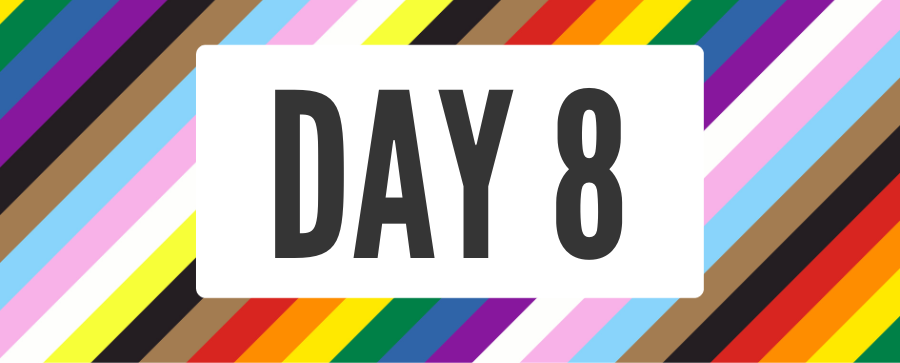
Power, Privilege and Oppression
October 11, 2023 is Happy National Coming Out Day!
We couldn’t imagine a more fitting day than National Coming Out Day to talk about power, privilege, and oppression! As we talked about on Day 6: Sexual Orientations, coming out is only necessary because of the assumptions people have about what is typical or common. We can lessen the burden of coming out by creating more room, having fewer assumptions, and cultivating environments in which any person can be a wide range of genders and sexual orientations. Having an understanding of power, privilege, and oppression can help us do just that.
A few definitions to get us started:
Power is the ability to influence and make decisions that impact others. This might include access to services, resources, goods, and more.
Privilege is the unearned social, political, economic, and psychological benefits of membership in a group. Privilege implies that wherever there is a system of oppression (such as capitalism, heterosexism, patriarchy, or white supremacy) there is an oppressed group and a privileged group. The privileged group benefits from unearned advantages. We can experience privilege through some of our identities while experiencing oppression in others. Having privilege doesn’t mean that you are wealthy and face no challenges in life, it simply means that part of your identity didn’t make accessing resources, services, and care more difficult. Privilege and power are closely related: privilege often gives a person or group power over others.
Oppression is power that is historically formed and replicated over time that disadvantages a group of people. This disadvantage exists even when individuals get along and are nice to people belonging to an oppressed group because it’s supported through institutions like policies, government, education, and health systems. Systems of oppression are built around what are understood to be norms in our societies. A norm signifies what is “normal,” acceptable, and desirable. “The norm” is something that is valued and supported in a society.
None of us can simply take unearned advantage or force unearned disadvantage upon others solely as individuals. However, all of us interact with the systems, beliefs, and norms that do. Understanding how power, privilege, and oppression show up is a critical first step in being able to develop strategies and actions to address those imbalances.
TODAY’S CHALLENGE
Read:
- Sam Kellermann, 30+ Examples of Cisgender Privileges, It’s Pronounced Metrosexual, [5 min read].
- White Privilege: Unpacking the Invisible Knapsack by Peggy McIntosh, [5 minute read].
Watch:
- Why Does Privilege Make People So Angry?, MTV Impact (January 13, 2016). [2 minute video]
Engage:
- Complete The Power Flower to Explore Identity, Mia Henry, Freedom United.
- Take the Privilege Self-Assessment to understand how you might experience privilege.
Discuss:
- In what ways do you experience straight privilege or lesbian, gay, bisexual, queer+ oppression?
- How might your everyday experiences such as going to the grocery story, going home, and/or picking up a loved one be different if you held a different sexual orientation, gender identity, gender expression, race, dis/ability, immigration status, etc?
- Can you think of a policy or practice that benefits cisgender people at the expense of transgender people?

